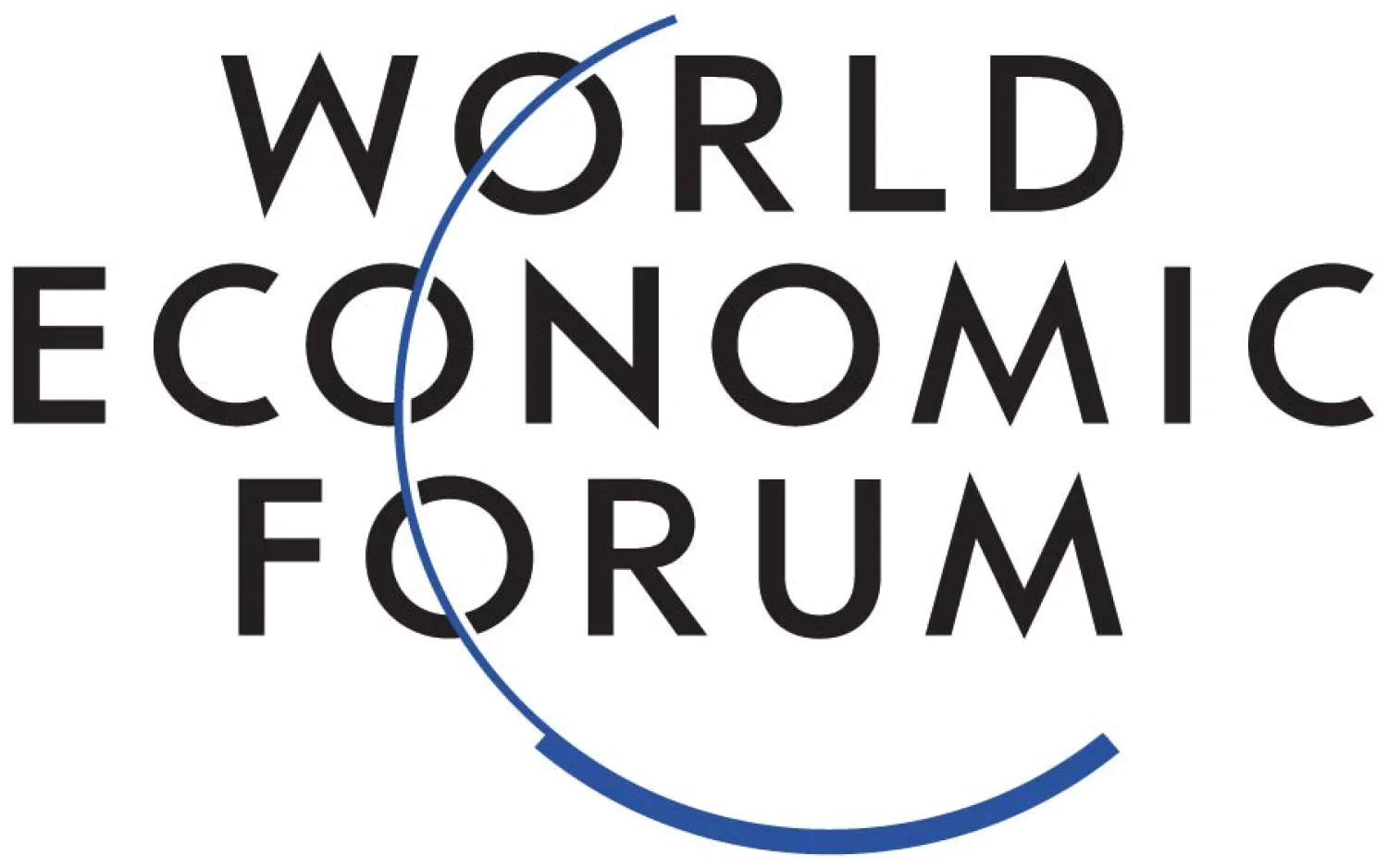Saudi Arabia improved three positions, reaching 36th, on the global competitiveness index (GCI), as the Kingdom makes strides to diversify its economy.
According to the annual Global Competitiveness Report issued by the World Economic Forum, Saudi Arabia came third in terms of “technology governance” which measures how the legal frameworks in the country are adapting to digital business models.
The report said Saudi Arabia succeeded in diversifying its economy when it jumped three places in the classification. The non-oil sector is expected to expand in 2019, and further public and private investments outside the mineral sector will be deployed over the next few years.
In details, Saudi Arabia came in: 37th at the institutional quality level, 34th in infrastructure, 1st in economic stability, 58th in health, 25th in skills, 19th in the production markets, 89th in the labor market, 38th in the financial system, 17th at the level of market size, and 36th at the level of innovation capability.
Developing countries are rushing to fight corruption and results were yielded in some emerging economies. Meanwhile, corruption caused about $2.7 trillion annual loss at the level of global economy, announced adviser at OECD Directorate for Financial and Enterprise Affairs Isabel Cane.
Speaking to Asharq Al-Awsat, Cane asserted Saudi Arabia has made progress in combating corruption with its legislation and regulations.
Cane cited the rate of competitiveness as one of the most important tools against which integrity promotion system is measured in the countries' economies.
She expects corruption to recede at clear rates in Saudi Arabia over the next five years.
Cane was attending SABIC’s “Promoting Integrity and Transparency for Growth” Forum with the participation of over 100 leaders from the local and global business community.
She noted that the growing awareness of new generations on corruption, adding to that the increased level of integrity as well as development of regulations and legislation, as the case of Saudi Arabia, gives hope about the near future.









